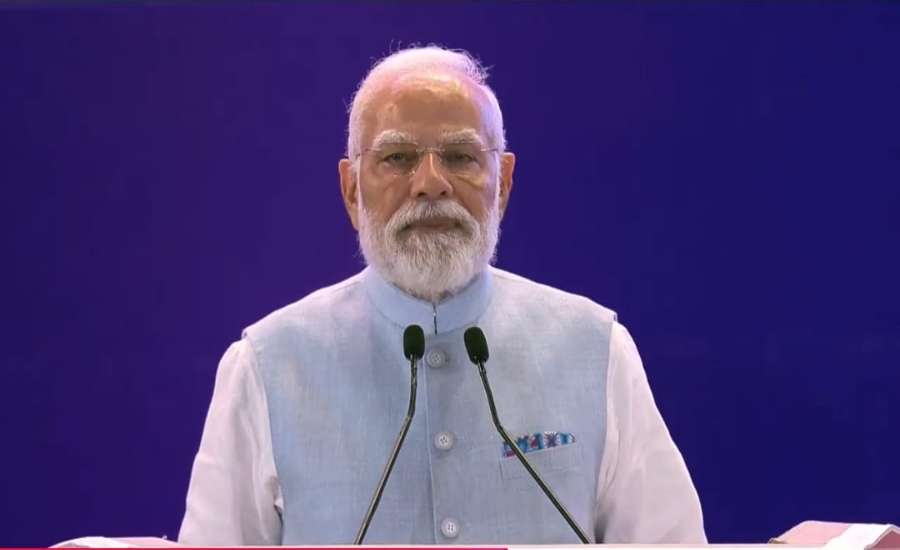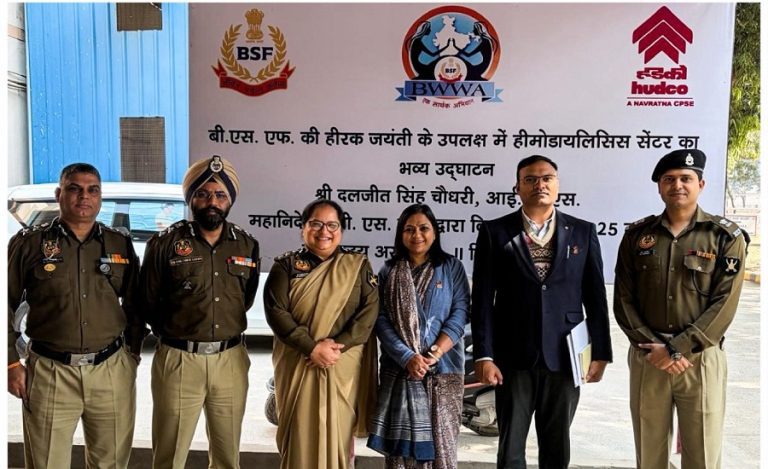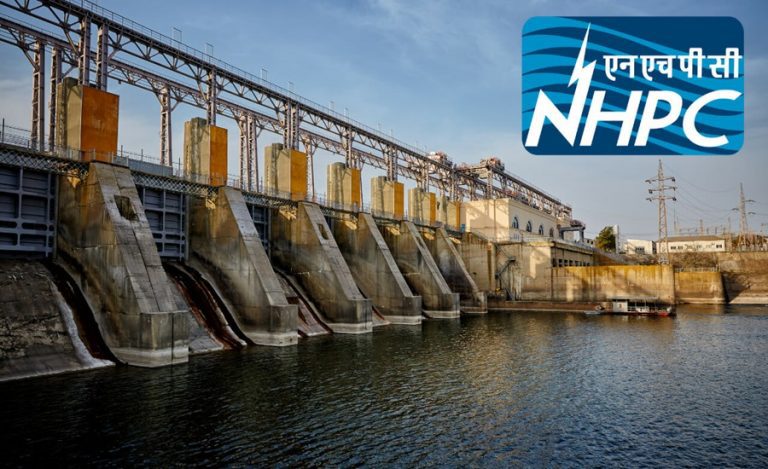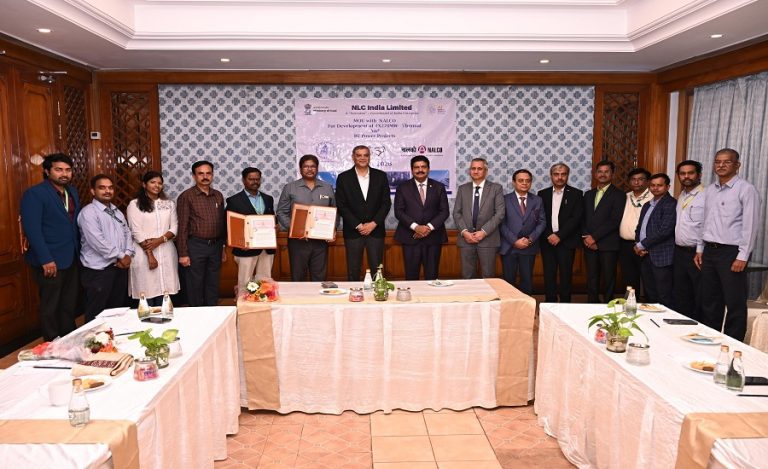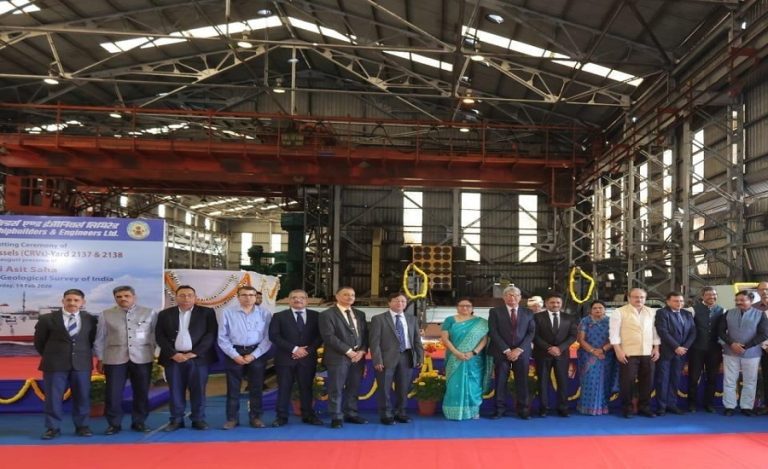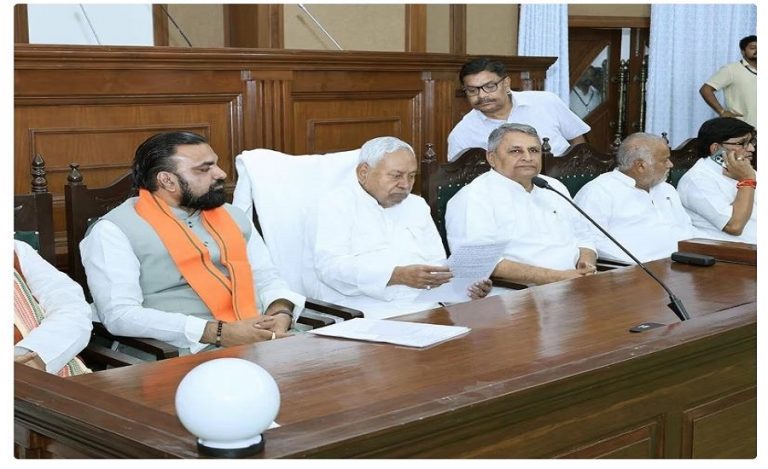New Delhi: In a landmark move to transform India’s research and innovation landscape, Prime Minister Narendra Modi on Monday launched the ₹1 lakh crore Research, Development and Innovation (RDI) Fund at the inaugural Emerging Science, Technology and Innovation Conclave (ESTIC) 2025 held at Bharat Mandapam, New Delhi.
The fund—anchored by the Department of Science and Technology—aims to boost private sector participation in high-risk, high-impact R&D projects and establish India as a global innovation hub under the vision of “Viksit Bharat 2047.”
Two-Tiered Innovation Finance Structure
The RDI Fund will operate through a two-tier model. A Special Purpose Fund under the Anusandhan National Research Foundation (ANRF) will manage the ₹1 lakh crore corpus, channeling capital to Alternative Investment Funds, Development Finance Institutions, and other fund managers.
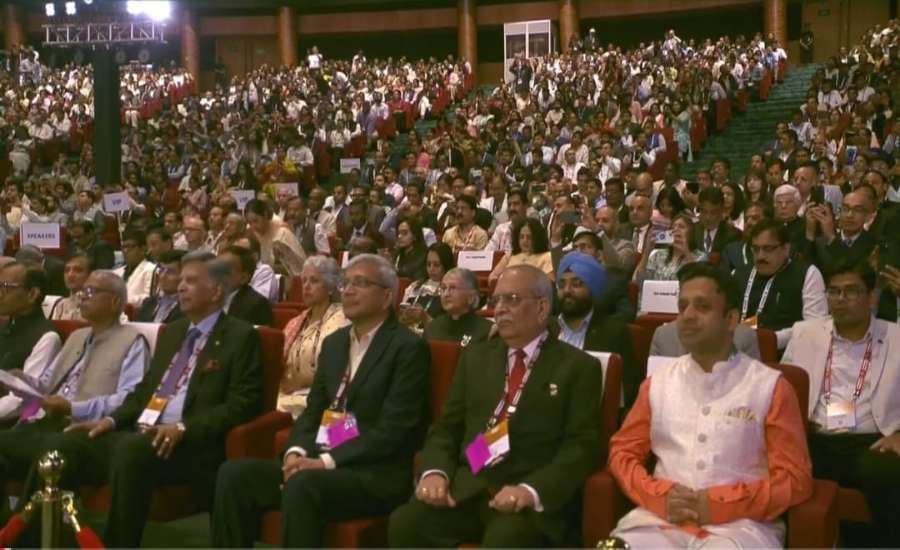
These entities will in turn invest in R&D-focused enterprises and startups. This approach ensures that funding decisions are guided by independent experts from financial, technical, and business domains, operating at arm’s length from the government.
‘Ease of Doing Research’: PM’s Vision for an Innovation Nation
Unveiling the initiative, Prime Minister Modi said the fund will “unlock new opportunities for private R&D and enable capital flow to projects that are bold, experimental, and transformative.”
“This ₹1 lakh crore is for you — for your capabilities, for your ideas, for your innovations. For the first time, capital is being made available for high-risk and high-impact projects,” said Modi.
He emphasized the government’s focus on improving the “Ease of Doing Research”, introducing reforms in procurement rules, financial regulations, and innovation incentives to accelerate the journey from lab to market.
India’s R&D Momentum: A Decade of Growth
Highlighting India’s scientific progress, PM Modi shared that the country’s R&D expenditure has doubled in the past decade, patent registrations have grown 17-fold, and India now ranks as the third-largest startup ecosystem in the world.
He cited over 6,000 deep-tech startups working in areas like clean energy, advanced materials, and semiconductors, adding that India’s bio-economy has surged from $10 billion in 2014 to $140 billion today.
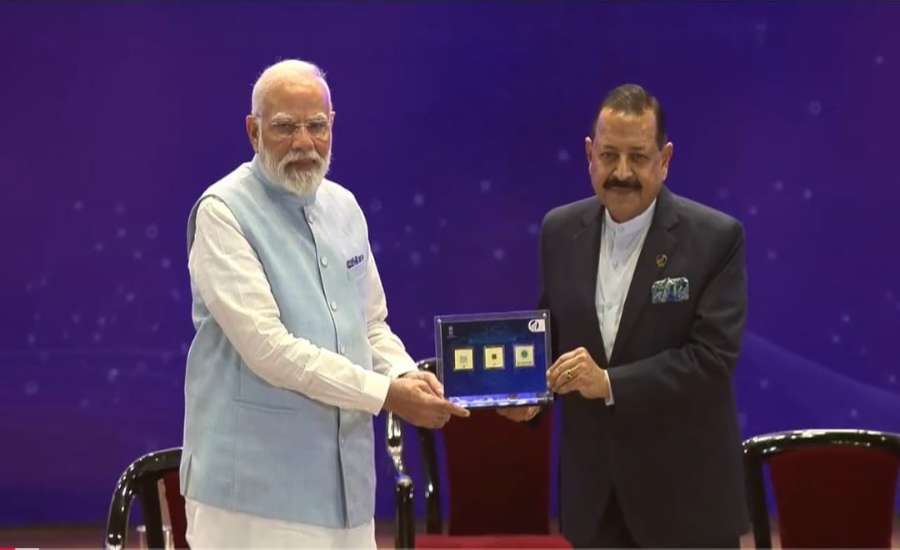
“India is no longer just a consumer of technology; it is now a pioneer of transformation through technology,” he said, recalling milestones such as the indigenous COVID-19 vaccine, Digital Public Infrastructure, and the launch of India’s heaviest communication satellite GSAT-7R.
Empowering Universities, Women, and Youth Innovators
The Prime Minister also announced new measures to strengthen academic research and encourage young minds in science.
- The Anusandhan National Research Foundation will serve as a bridge between universities, industry, and global research partners.
- Over the next five years, 10,000 Prime Minister’s Research Fellowships will be awarded.
- 25,000 new Atal Tinkering Labs will be established to nurture innovation at the school level.
PM Modi highlighted women’s growing presence in STEM, noting that women now constitute 43% of India’s STEM enrolment, surpassing the global average. “When innovation is inclusive, its beneficiaries become its leaders,” he remarked.
AI, Green Tech, and Future-Ready Science
India’s next frontier, PM Modi said, lies in ethical AI, green hydrogen, quantum computing, and bio-innovation. He announced that India will host the Global AI Summit 2026, aimed at promoting ethical and human-centric AI governance.
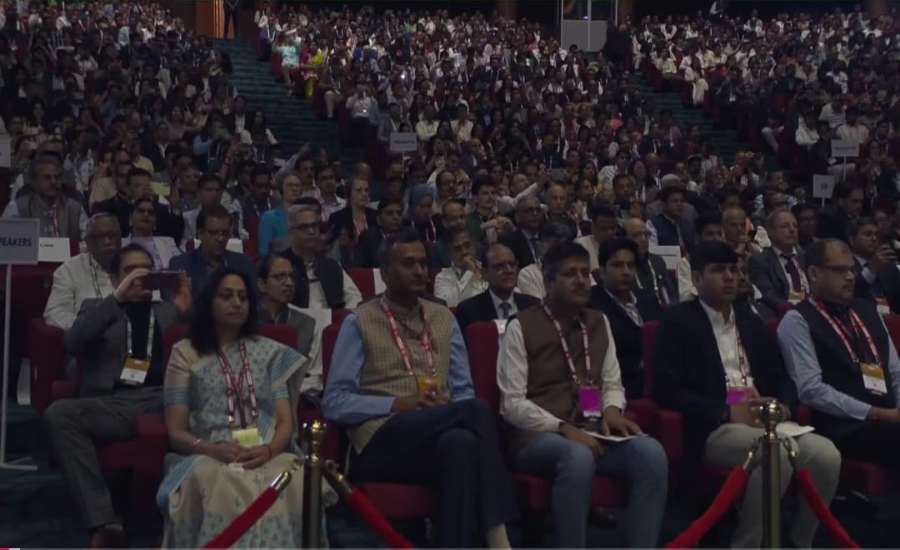
He urged scientists and entrepreneurs to explore solutions in nutrition security, soil health, clean energy storage, and genomic mapping, identifying them as strategic priorities for India’s self-reliance and sustainable growth.
ESTIC 2025: A Confluence of Global Innovation Minds
The Emerging Science, Technology and Innovation Conclave 2025, a three-day event, has brought together over 3,000 participants including Nobel Laureates, global scientists, policymakers, startup founders, and industry leaders.
The conclave features 11 thematic areas such as Artificial Intelligence, Quantum Technology, Space Science, Semiconductor Manufacturing, and Health Tech — all aligned with the Viksit Bharat 2047 vision. A special pavilion on Deep-Tech Startups showcases 35 innovation-driven enterprises, providing a platform for collaboration between research institutions, startups, and investors.
A New Era for New Talent
For India’s scientific community, startups, and innovators, the RDI Fund represents more than just financial support — it’s a national mission to empower Indian masterminds to invent, innovate, and inspire on a global scale.
“When science meets scale, innovation becomes inclusive, and technology drives transformation — the foundation for great achievements is laid,” concluded Prime Minister Modi, invoking the spirit of “Jai Vigyan, Jai Anusandhan.”

